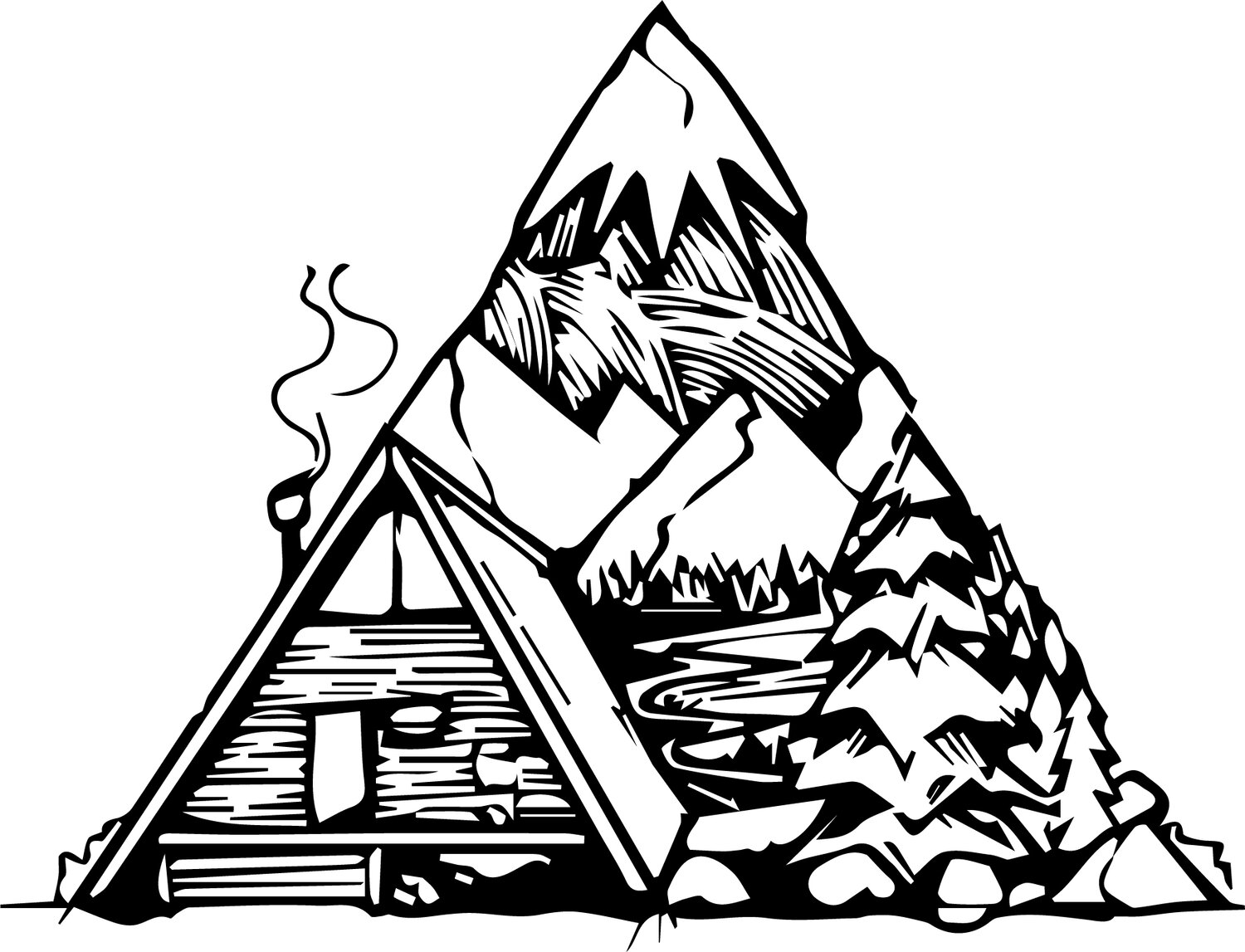Forests
A forest is defined as a biological community dominated by trees and other woody vegetation. The diversity in forests ranges from climate, topography and geology, along with natural and anthropogenic disturbance factors, resulted in a variety of wooded communities which exhibit a wide range in the density of the tree canopy in wooded areas.
In Japan, people practice Forest Bathing, as an act to combat and reduce stress. Practicing Shinrin-Yoku or Forest Bathing lowers levels of the stress hormone Cortisol in the blood system, indicating a reduction in stress.
Forests play a critical role in mitigating climate change because they soak up carbon dioxide and other greenhouse gases that would otherwise be free in the atmosphere and contribute to ongoing changes in climate patterns. They are essential for life on earth. Did you know that three hundred million people worldwide live in forests and 1.6 billion depend on them for their livelihoods.
Forests also provide habitat for a vast array of plants and animals, many of which are still undiscovered. They protect our watersheds. They inspire wonder and provide places for recreation. They supply the oxygen we need to survive. They provide the timber for products we use every day. They are so much more than a collection of trees. Forests are home to 80% of the world’s terrestrial biodiversity. These ecosystems are complex webs of organisms that include plants, animals, fungi and bacteria. (WWF)
Forests are so much more than a collection of trees. Forests are home to 80% of the world’s terrestrial biodiversity. These ecosystems are complex webs of organisms that include plants, animals, fungi and bacteria. (WWF)

